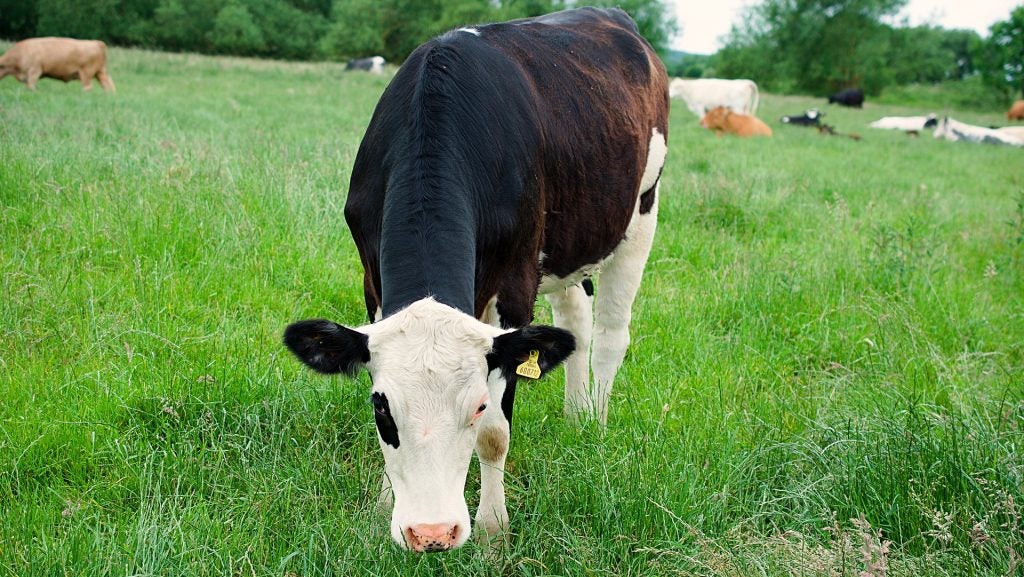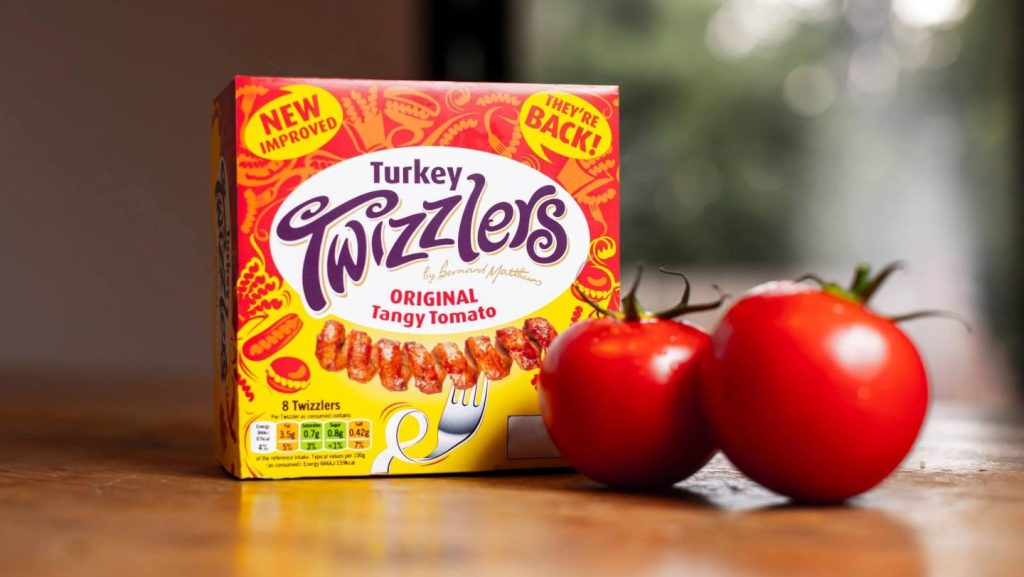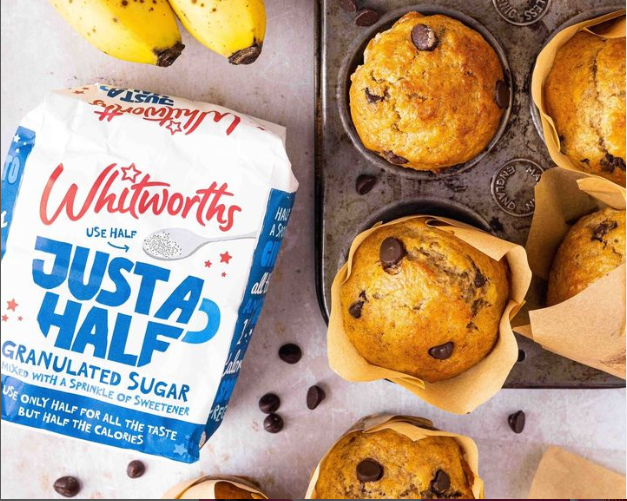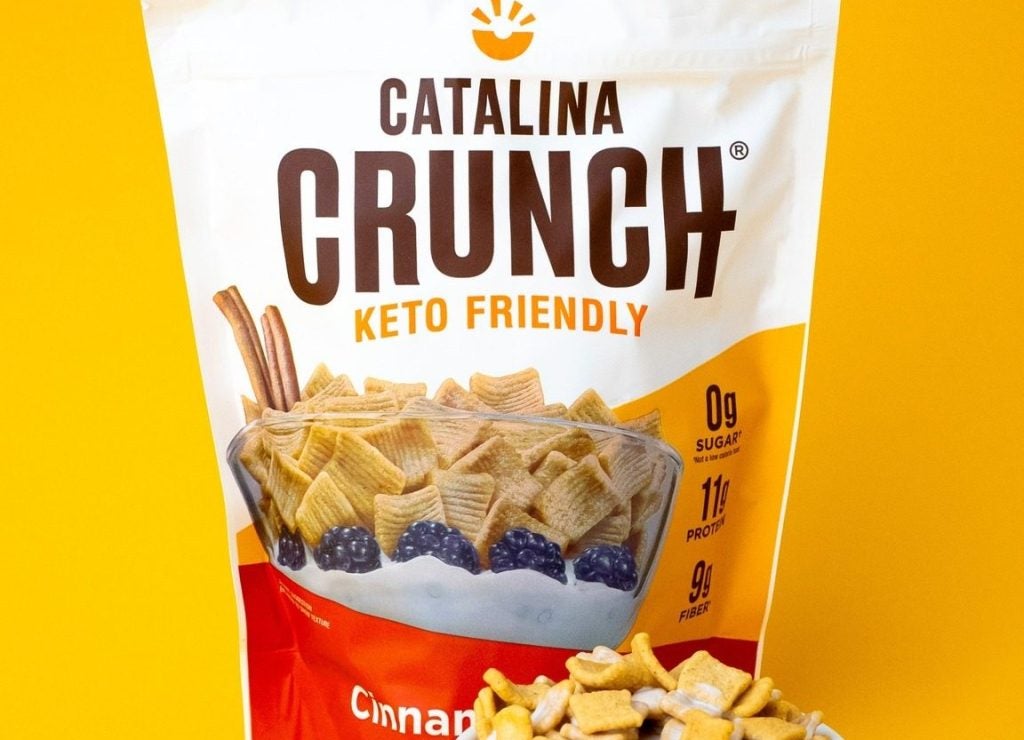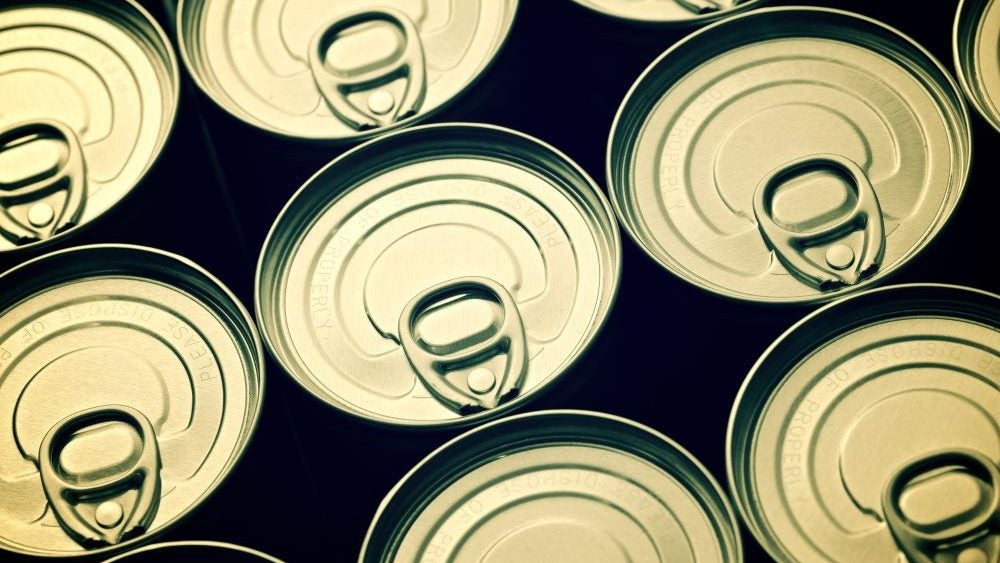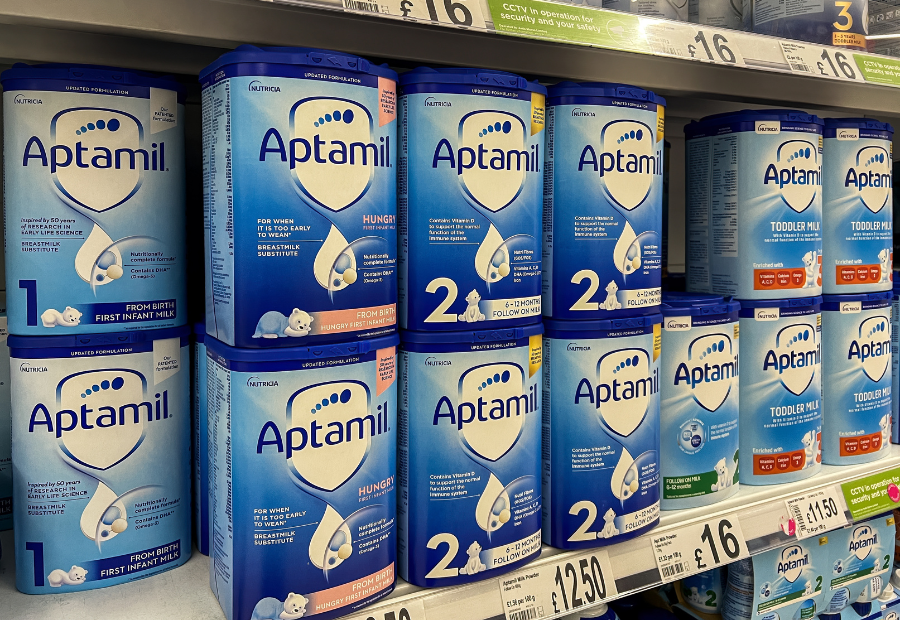The value of Ireland’s food and drink exports value dropped 4% in 2023 amid pressure on dairy sales.
Sales of the country’s food, drink and horticulture products stood at €16.3bn ($17.9m) last year.
While sales from prepared consumer foods, meat and livestock rose, the country saw its dairy exports curdle, according to data unveiled yesterday (10 January) by Charlie McConalogue, Ireland’s Minister for Agriculture, Food and the Marine.
Export revenues from dairy, a sector that accounts for 40% of Ireland’s food and drink exports, dropped 8% to €6.3bn.
Bord Bia, Ireland’s state agency promoting food and drinks, pointed to falling prices from spring onwards. “The dairy market showed more positive sentiment in the final quarter of the year which indicates some positivity heading into 2024,” Bord Bia said in its export report.
Meat and livestock sales dipped 1% to €4.2bn amid lower sheepmeat and pigmeat exports. Sales of prepared consumer foods grew 7% to €7.1bn, with bakery sales up 10% and confectionery sales 12% higher.
Beverage alcohol exports to North America dropped 26% year on year. High stock levels carried over from 2022 and pressure on spending from inflation and increased interest rates in North America were cited for the decline.
Globally, Irish whiskey exports fell by 14% to €875m. Export sales of Irish beer and cider rose by 11% to €330m.
Despite the decline in overall export sales, the Irish government and Bord Bia welcomed a second year in a row when sales exceeded €16bn. In 2021, exports were valued at €15.2bn.
“This is a significant achievement given that we are living through a period of huge flux, with climate change, inflation, geopolitical instability, and cost of living challenges all affecting the global economy and export performance,” McConalogue said.
“Despite this incredibly challenging environment, Ireland has continued to build on its reputation as a sustainable producer and supplier of high-quality food.”
Bord Bia CEO Jim O’Toole noted a recent survey of exporters that found the majority (73%) of Irish food and drink exporters expecting to see growth in 2024.
“However, despite the positive outlook, more than half (53%) of Irish food and drink companies believe their competitiveness has been eroded over the past 12 months, with energy prices, inflation and labour costs having the biggest impact,” O’Toole said.
“Looking ahead, market volatility and inflation, although slowly easing, will continue to be two key factors for this year, while input and labour costs remain a risk to competitiveness. As such, the market for Irish food, drink and horticulture exports will remain challenged this year.”


